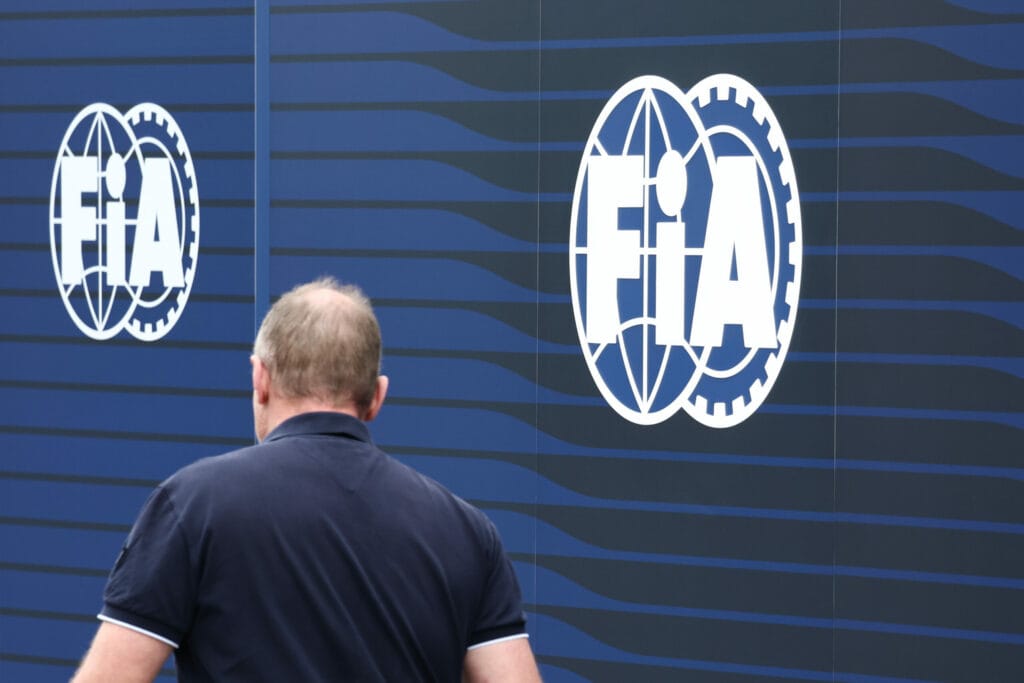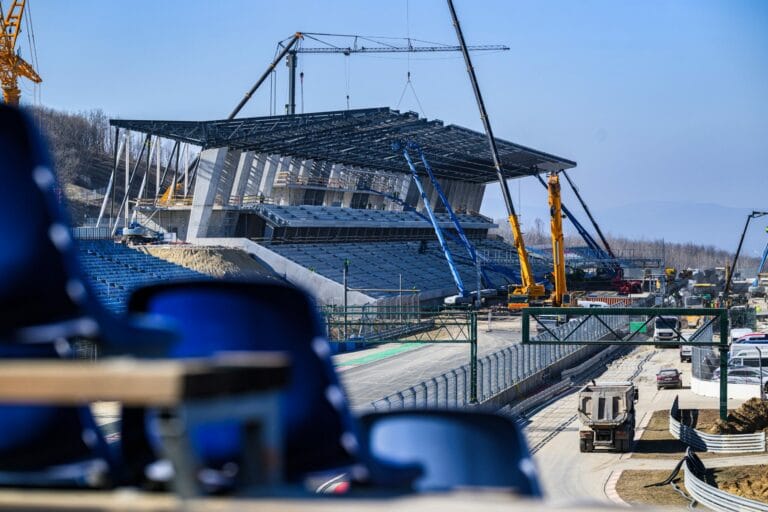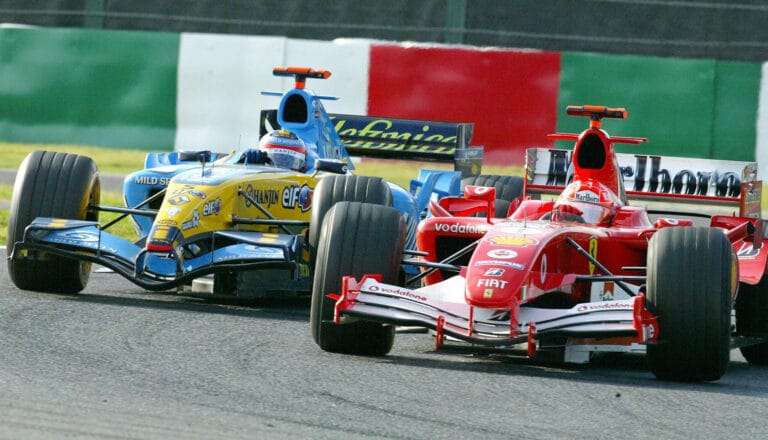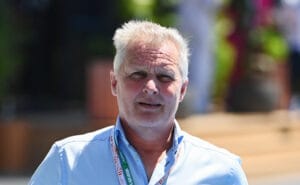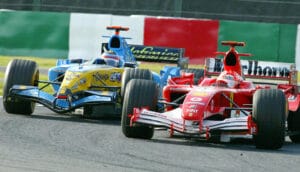The FIA held a meeting in Bahrain on Friday to discuss the future of the engine regulations. The governing body announced its commitment to the 2026 hybrid regulations, thereby ruling out plans to reintroduce V10 engines until 2031. Additionally, ways to prevent a repeat of 2014, the year of Mercedes dominance, were discussed for next year.
On Friday morning, the FIA summoned the Formula 1 engine manufacturers in Bahrain to discuss future engine regulations. Concerns about the 2026 regulations were also a central topic. The meeting was chaired by FIA President Mohammed Ben Sulayem, who had previously proposed the reintroduction of the V10 engines.
Both Audi and Honda reiterated their opposition to deviating from the 2026 hybrid regulations. The new rules were precisely the reason for both manufacturers to re-enter Formula 1. The likelihood of the V10 engines being reintroduced earlier has become negligible after the meeting, in which the FIA emphasized its commitment to the 2026 regulations.
Preventing a Repeat of 2014
Team bosses, including Red Bull’s Christian Horner, Ferrari’s Frédéric Vasseur, and Mercedes’ Toto Wolff, were present at the meeting. The Red Bull team boss reveals that in addition to the FIA, all attendees continue to adhere to the 2026 regulations. Horner expects that the V10 engines will not make their appearance until 2031, the end of the current Concorde Agreement.
The meeting was primarily a place to discuss what the next generation of engines, after those of 2026, should look like. In addition, the attendees tried to find ways to prevent a repeat of 2014, when Mercedes’ dominance began. The German racing team ultimately won the constructors’ title eight times in a row.
“When there is a major change in the regulations, there are divergent performances and that will almost certainly happen next year,” Horner tells Sky Sports. “One of the topics on the agenda this morning was therefore: how quickly can the field come together again? I think we all want exciting races, not a repeat of what we had in 2014. It’s about having the opportunity, especially for newcomers, to overtake.”


